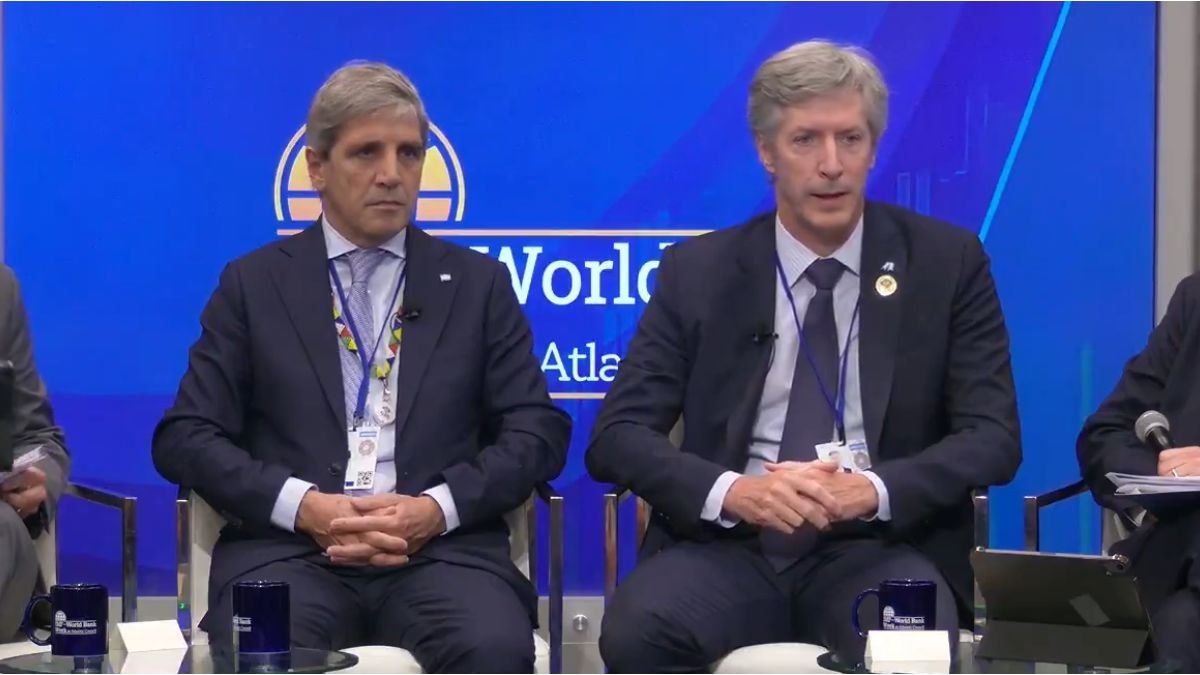Under the ultra-conservative government of the last three years, the Iranian film industry suffered from strict censorship. With the newly elected moderate president, this is now set to change.
After the election of the moderate President Massoud Peseschkian, Iran’s filmmakers are hoping for an artistic future without censorship. “We had a meeting with the president, discussed the censorship problems of the last few years and literally poured our hearts out to him,” says film director Jangir Kossari.
After the meeting, he and his colleagues were confident that the Iranian film industry would “breathe again” with Peseschkian and find a censorship-free path, Kossari said, according to the Parsine web portal.
However, Kossari will have to wait a little longer to hope for better times. His latest film, “Blue Veins,” about the Iranian poet Forugh Farochsad, is not allowed to be shown in cinemas on the orders of the current Ministry of Culture. On the one hand because the poet Farochsad, who is very popular in the country, is one of the leading Iranian feminists – and is therefore a thorn in the side of the Islamic system – and on the other hand because of his daughter Baran Kossari, who plays the main role in the film.
Professional and travel ban for Kossari’s daughter
In solidarity with the women’s movement, she took off the obligatory headscarf in 2022 and has been banned from working and leaving the country since then. Her picture, the film poster and the film itself are therefore not allowed to be shown publicly, says Kossari. However, he hopes that this “absurd ban” will be lifted with Peseschkian and a new Minister of Culture. With him, the Iranian filmmakers also hope that art and not the headscarf will once again become the main criterion in films in the future.
The women’s protests in September 2022 were triggered by the death of the young Iranian Kurdish woman Jina Mahsa Amini. She had been arrested by the morality police because a few strands of hair were visible under her headscarf. She died in police custody.
Renowned actresses also targeted by the authorities
Since then, many women have removed the obligatory headscarf in protest. Among them were renowned actresses who were banned from working and leaving the country as a result. The actress Taraneh Alidoosti was even sent to prison for two weeks because of this.
Source: Stern
I am an author and journalist who has worked in the entertainment industry for over a decade. I currently work as a news editor at a major news website, and my focus is on covering the latest trends in entertainment. I also write occasional pieces for other outlets, and have authored two books about the entertainment industry.




